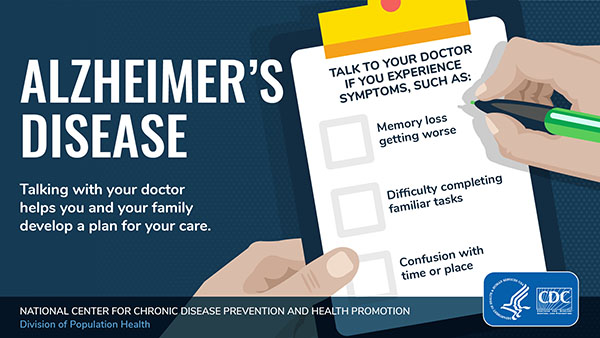By LINDA CHION KENNEY
New state measures to address Alzheimer’s and related dementias include record-breaking funding and increased education and awareness, as well the establishment of the Florida Alzheimer’s Center of Excellence.
Florida Gov. Ron DeSantis on June 23 signed into law Senate Bill 806, also known as the Ramping Up Education of Alzheimer’s Disease and Dementia for You Act, introduced by Sen. Keith Perry (R-8) and co-sponsored by Sen. Linda Stewart (D-13).
Also known as the READY Act, the measure requires Florida Department of Health (DOH) officials, working with relevant public health and community outreach programs, to educate physicians, osteopathic physicians, nurses and certified nursing assistants in five areas, including “the importance of early detection and timely diagnosis of Alzheimer’s disease and related forms of dementia.”
According to state records, more than 580,000 Floridians live with Alzheimer’s disease, a number that is projected to grow to 720,000 Floridians by 2025, a 24.13 percent increase.
“Supporting Floridians suffering from Alzheimer’s and dementia is an important part of supporting our seniors,” DeSantis said, in prepared remarks. “We are working to make sure that any Floridian suffering from this terrible disease can access resources while also supporting innovative technologies that will open up doors for Alzheimer’s and dementia patients in the future.”

Florida Gov. Ron DeSantis
Toward that end, the budget signed by DeSantis in June, for the fiscal year beginning July 1, includes $52.3 million for the Alzheimer’s Disease Initiative Program (an increase of $12 million over the previous year), and $91.7 million for the Community Care for Elderly Program (an increase of $9 million over the previous year). The program aims to assist functionally impaired seniors, so they can remain in the least restrictive, most suitable environment for their needs.
Further, the newly established Florida Alzheimer’s Center for Excellence (FACE) aims to enhance the infrastructure available to support seniors, families and caregivers impacted by dementia. As the final pillar of the five-part Dementia Action Plan created in 2019, FACE is to include innovative partnerships in line with that of INSIGHTEC and a consortium of Florida universities. Together they work to identify patients for the Blood Brain Barrier clinical trials for more effective treatment of Alzheimer’s.
The FACE initiative drew positive responses from Dr. Maurice R. Ferre, chief executive officer and chairman of the board at INSIGHTEC, and Michelle Branham, secretary of the Florida Department of Elder Affairs, who said she is “especially grateful for the positive impact FACE will have on seniors and their families with early detection, early diagnosis, critical care planning, support and resources.”
“The urgency to meaningfully accelerate the pace of medical innovation is this area is clear,” Ferre said. “Improving the lives of patients is core to our mission. I am confident that together we will meaningfully advance the landscape for patients both now and in the future.”
According to a report from the U.S. Centers for Disease Control and Prevention (CDC), as many as 5.8 million Americans were living with Alzheimer’s Disease in 2020, a number that is projected to nearly triple to 14 million people by 2060. Symptoms of the disease can first appear after age 60, and the risk increases with age. The disease is less common among younger people.
According to the CDC, Alzheimer’s is a progressive disease beginning with mild memory loss, which can lead to losing the ability to carry on a conversation and respond to one’s environment. The disease can seriously affect a person’s ability to carry out daily activities, as it involves parts of the brain that control thought, memory and language.
Under the READY Act, education and awareness is to be addressed in five areas pertaining to Alzheimer’s and other forms of dementia, including using a validated cognitive assessment tool; the value and effectiveness of the Medicare annual wellness visit for detection; using Medicare advance care planning billing codes; and reducing the risk of cognitive decline, particularly among persons in diverse communities who are at greater risk of developing Alzheimer’s disease and related forms of dementia.
Memory problems typically are one of the first warning signs of Alzheimer’s disease and related dementias, according to CDC officials. Moreover, someone with symptoms of Alzheimer’s may experience a number of other symptoms, including memory loss that affects daily life, such as getting lost in a familiar place or repeating questions; trouble handling money and paying bills; difficulty completing familiar tasks; decreased or poor judgment; and changes in mood, personality or behavior.
“My loved one cannot speak for themselves or perform activities of daily living on their own,” said Tanya Miller, an Alzheimer’s Association volunteer/caregiver, in attendance June 23. “They need someone by their sides at all times. Funding Alzheimer’s research provides the opportunity to improve treatments, plans and quality of life, and one day [to find] a cure.”
For more on Alzheimer’s, visit www.cdc.gov/.
